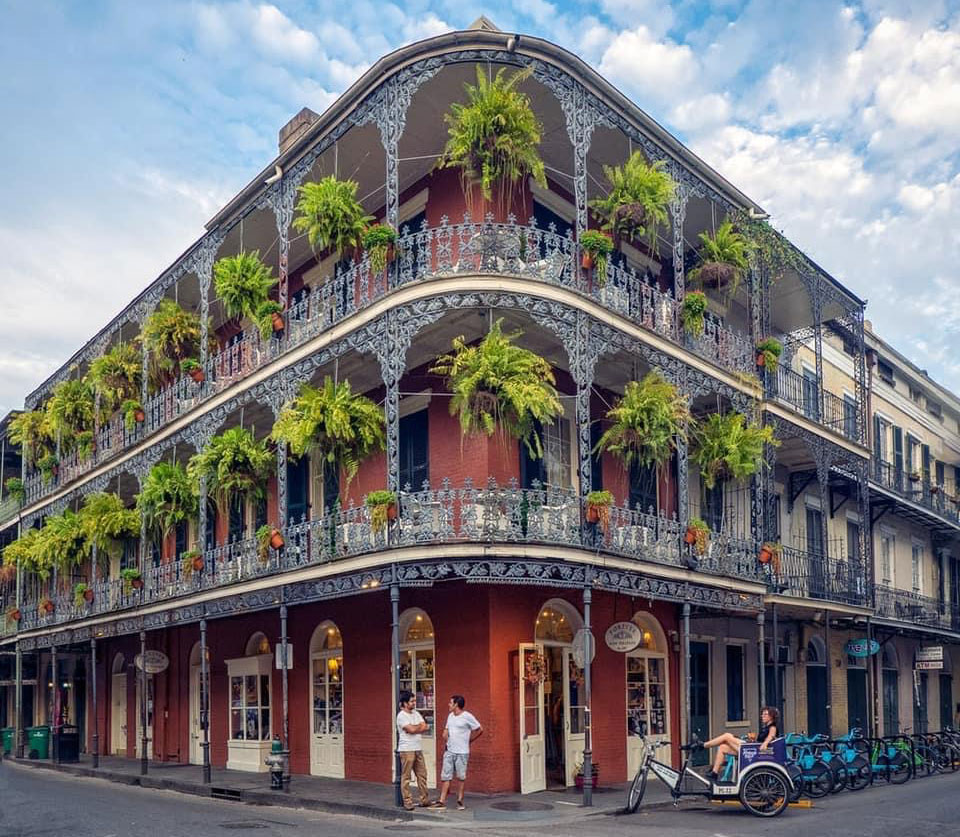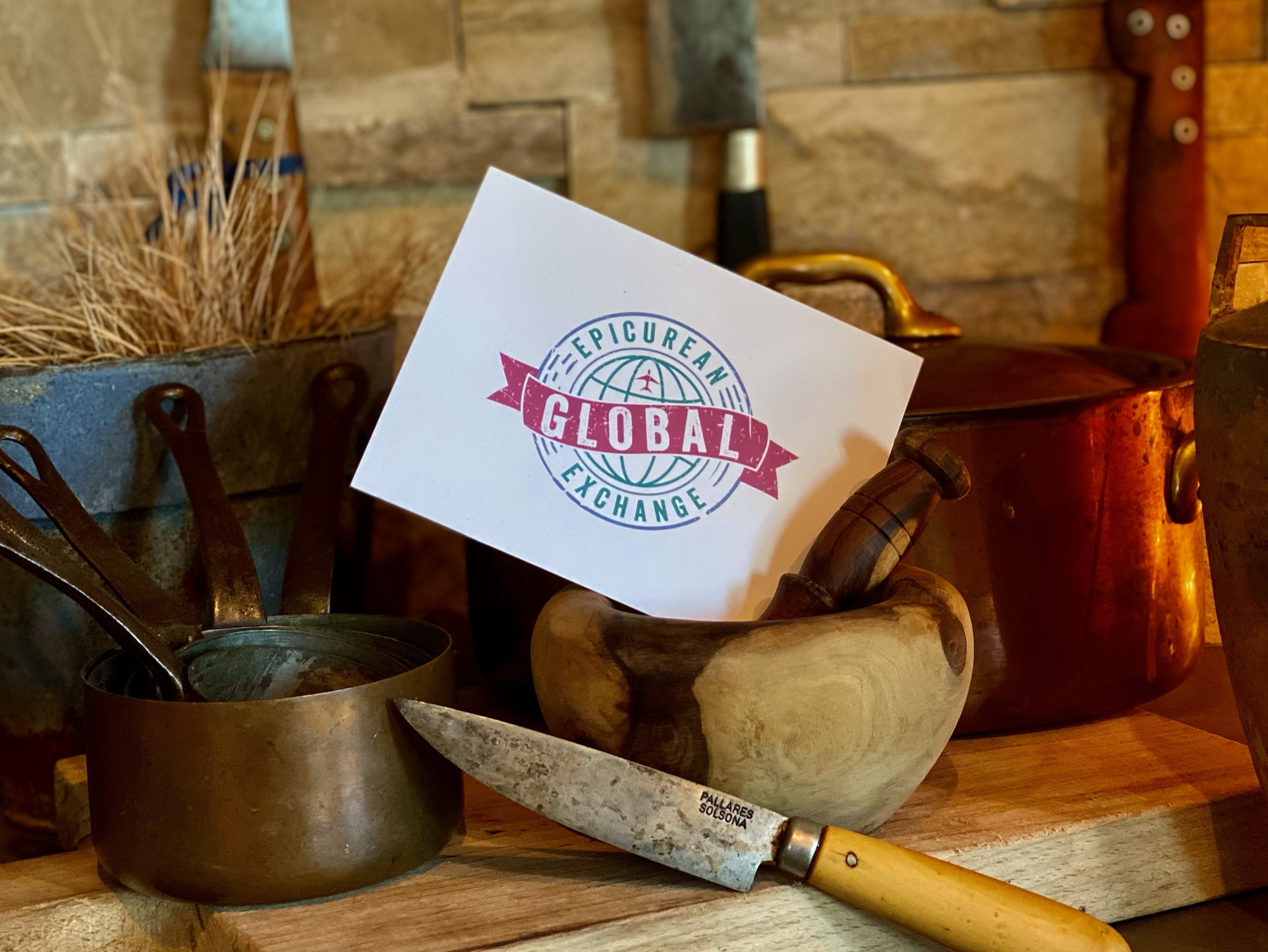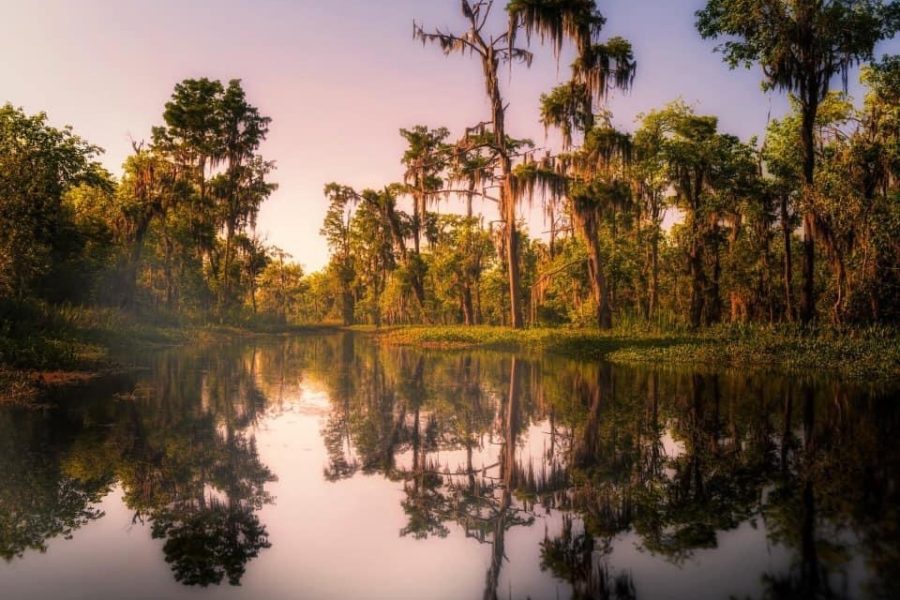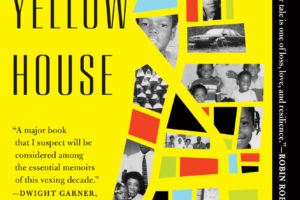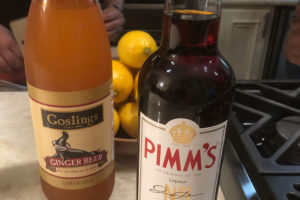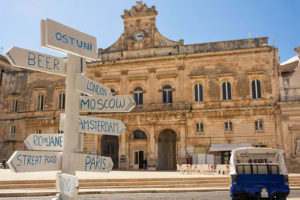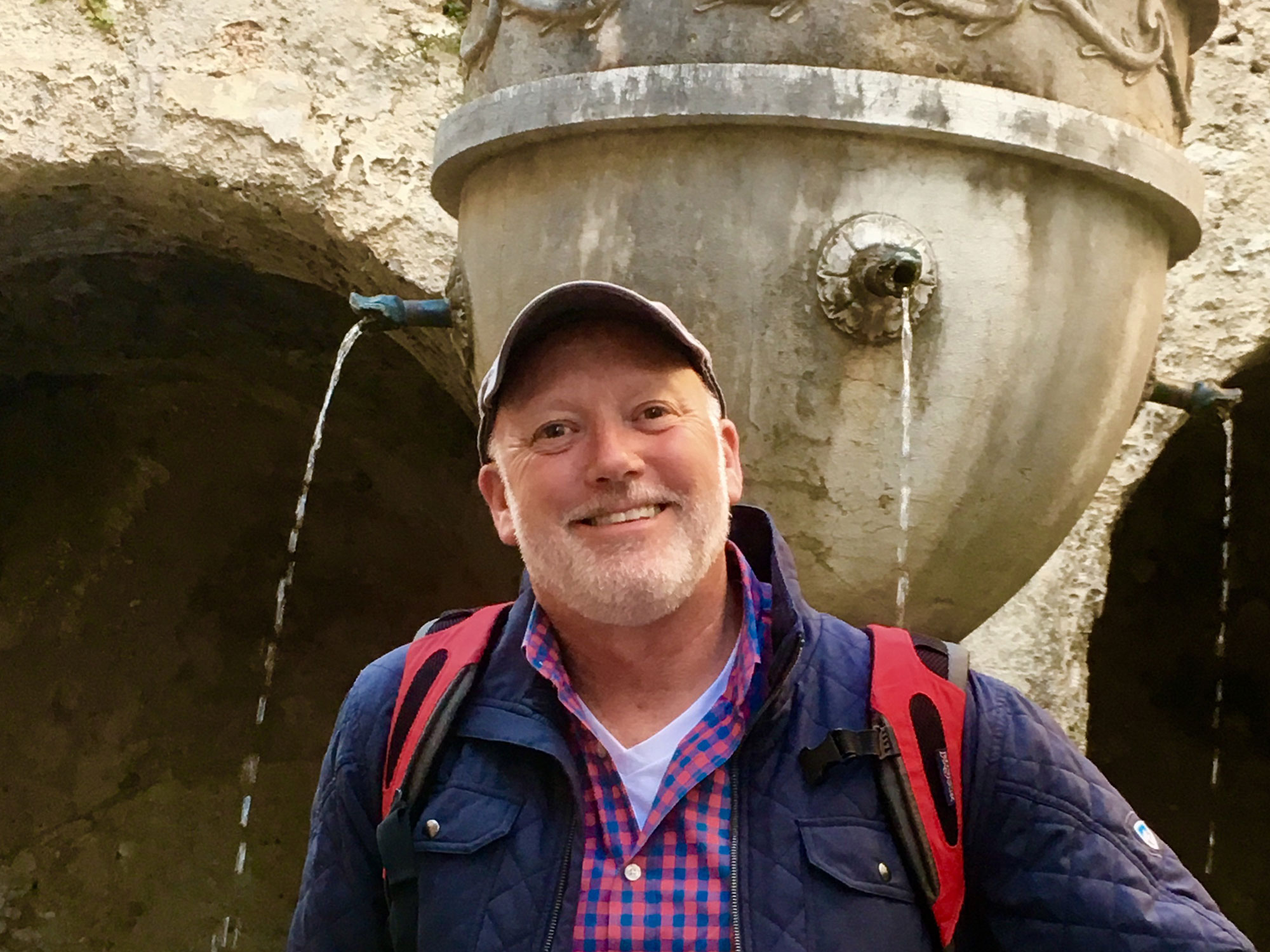This message to the world was posted on Facebook on September 2, 2021, by New Orleans resident, Grady Stewart, 5 days after Hurricane Ida devastated South Louisiana on August 29. This date was also – to the day – the 15th anniversary of Hurricane Katrina which physically altered New Orleans and its 5 lower parishes forever in 2005. Hurricane Ida left its own tragic mark that is still actively challenging its residents today. These are Grady’s profound impressions, shared here with his permission:
“Have you ever seen the world end, or ever felt yourself die? Most people will answer no to this question, but if you can answer yes to this – multiple times over – you might be a New Orleanian, or more fittingly, a Louisianan. Every time you dash to the supermarket scrounging for any kind of water besides Dasani, board up the shutters before the blinding haze of the midnight moon, and ultimately flee a hurricane, you leave a piece of yourself behind.
I’ve never known a city as strikingly honest and boundlessly accepting as New Orleans, from the wet foresty plains to Monroe to Uptown to Grand Isle and to the technicolor aquamarine waters that lap out infinitely at its shores and farther still on to the unknown. New Orleans, and again, Louisiana in general, overwhelms you with all the great things about it until you’re covered and bogged down by its magic. It’s so easy to get wrapped up in it. The hazy, sticky, thick humid wonder of this place surrounds you until it’s the only place you can really imagine ever being from.
And likewise, New Orleans is the bravest city I’ve ever known, because it is unfailingly earnest in showing you it’s failures and it’s scars. Whether it’s the mosquitos, the muddiness and dirtiness that seems to be a part of the city itself, or the potholes that could swallow a Honda Civic whole and turn streets into islands, or the backwards way of doing things that sometimes dominates life here and confounds, New Orleans shows you all of this. And braver still, New Orleans celebrates all of this. It celebrates the mosquitos, the nutria, the crawfish, the simple and unwanted things in life.
New Orleans is accepting, because whether you love it, hate it, or are indifferent towards it, it loves and accepts you. It’s hard to believe that with so much history in this region, there’s still a place for everyone, but it’s true. There’s a place for you at the crawfish boil, at the Mardi Gras parade, and on the streetcar. There’s a place for you no matter who you are – a creative, an innovator, a bum, a loser, a degenerate, an oddball, a saint, a caregiver, and a lover. Again, what’s crazier still is that in New Orleans, you’ll find these people sitting right next to each other sharing a drink.
In New Orleans, life is all around you. The people and the streets sweat out life. And even when death seems to be all around you, life is still there in the sound of a trumpet and in the twirl of the umbrellas in a second line. But more than life being so abundant here, the wonderful thing is that New Orleans and Louisiana live inside the people here. Whether you’ve lived here for a day, a month, or 25 years, New Orleans seeps into you. It’s in the words I write, it’s in the way people light up when you say you’re from New Orleans, it’s in the meals we share, and the songs we sing. It’s simply impossible for it not to become a part of you.
People sometimes ask why people live in New Orleans or why New Orleans is worth saving. And all of this is why. Living in Louisiana or New Orleans isn’t easy. If you’re adverse to adversity, you won’t survive hurricane season or a Saints or Pelicans game. But it’s worth it, because here, you can be truly yourself. Here, you can find the most beautiful, most diverse, most creative, most friendly people in the world. Being a New Orleanian is a promise to be a part of the community, to share in the good and the bad, to love the good and the evil, and to enjoy it. To help others, and to smile while you do it.
And so the truth is that New Orleans doesn’t need to be saved. Because New Orleans is eternal. Like I said before, it lives in millions of us, scattered all across the world. And plus New Orleans will always rebuild and persevere. As long as there are people who believe in New Orleans, and who live in it for the right reasons, it’ll be ok. So maybe the right question is really this: why should New Orleans save you?”
– Grady Stewart
